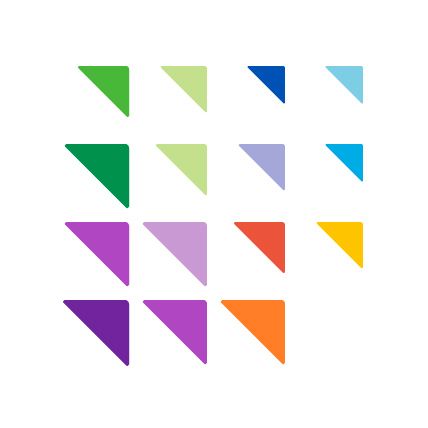What does it take to build a healthcare system that truly supports an aging population?
Michael Dowling, CEO of Northwell Health, addresses the growing need to rethink how we care for seniors in America as over 62 million people are now over 65. Healthcare is evolving to focus on the Four Ms: mentation (mental health), medication management, mobility, and understanding what matters most to each person.
He explains how these four areas are crucial to providing comprehensive care that goes beyond just treating symptoms. Family caregivers play a vital role, helping extend care into the home, where familiarity and comfort can make a huge difference. Dowling also discusses the potential of bioelectronic medicine to transform how chronic conditions are treated. As life expectancy continues to increase, the challenge is not only to extend life but to ensure it’s lived well.
Purchase Dowling’s latest book, The Aging Revolution, and learn more about The Aging Revolution Summit.
MICHAEL DOWLING: If you go back years and years ago, healthcare systems were very good at dealing with the medical aspect of what was wrong with an individual, but neglected the unique aspects of aging. Today in the United States, we have about 62 million people over the age 65. And, if you go back to the 1930s, that number was about 5 million people. But as the population ages, it raises issues - economic issues, recreational issues, and, of course, healthcare issues.
The phenomenal success and advancement in healthcare has created a situation where people are living now about 35 years longer than they lived 100 years ago. The bulk of people in hospitals today are older. The issue of aging is not spoken about as much as I think it should.
30 years ago, if you talked about geriatric medicine most people would argue with you that there was no such thing. Robert Butler was the first person that discussed that older people were not treated as well as they should be. We need to be thinking differently about people who are older. And since that time, I've seen a dramatic refocus.
The big issue that is being discussed is how you create an age-friendly health system. Mentation is what you do around the issue of delirium and memory loss. Intervening early is unbelievably important. Things that you can observe if you spend a lot of time working with the person, you can anticipate that there is a problem, and you've put in place the education around it.
It is important that the right medications are given, that there's medication adherence, that people take their medications, not only if people are in a healthcare facility, but also when they're at home. We have programs where we take pharmacies to the home and provide the injections in the home.
Bioelectronic medicine is a new field of medical care, founded here at Northwell, which is the use of an implantable device in the vagus nerve, which can modify and manipulate the immune system by modifying the signals, drastically diminishing other illnesses without, in some cases, the use of medication. The field of bioelectronic medicine, we believe, has the potential to deal with a multiplicity of diseases and enhance longevity.
Then there is mobility, how you get people moving, how you keep people active, as active as they can be, and teach them how to be active safely without having the possibility of falls. 32,000 people a year die from falls. How many of those can be prevented? If you do a lot of preliminary work with patients, you assess them carefully on the likelihood of falling, then you can dramatically prevent falls.
And then what matters to you. And this is a very fundamental, important one, because the history in healthcare, traditionally, has been, "what is the matter with you?" That generates a certain kind of a response. But if you ask the question, "what matters to you?" they'll talk to you about the support services that they need. You'll get a different kind of a response.
And home care is now a huge part of most innovative organizations. And it's important for people because there's a familiarity with the home. It is better for their mental state. How do you educate caregivers? There are tens and tens of millions of family caregivers that are trained, but then, there are probably 50 million caregivers that are home that are not trained, and many organizations are working to make family members extenders of the professional workforce.
If it is done correctly, it dramatically improves the overall physical, spiritual, emotional health of older individuals. An age-friendly health system requires all the disciplines in a healthcare system to be more interdisciplinary.
Now, you draw the analogy with what we will be talking about in 20 years will be very different than what we're talking about today. That's innovation. That's something to be proud of. That's progress.







